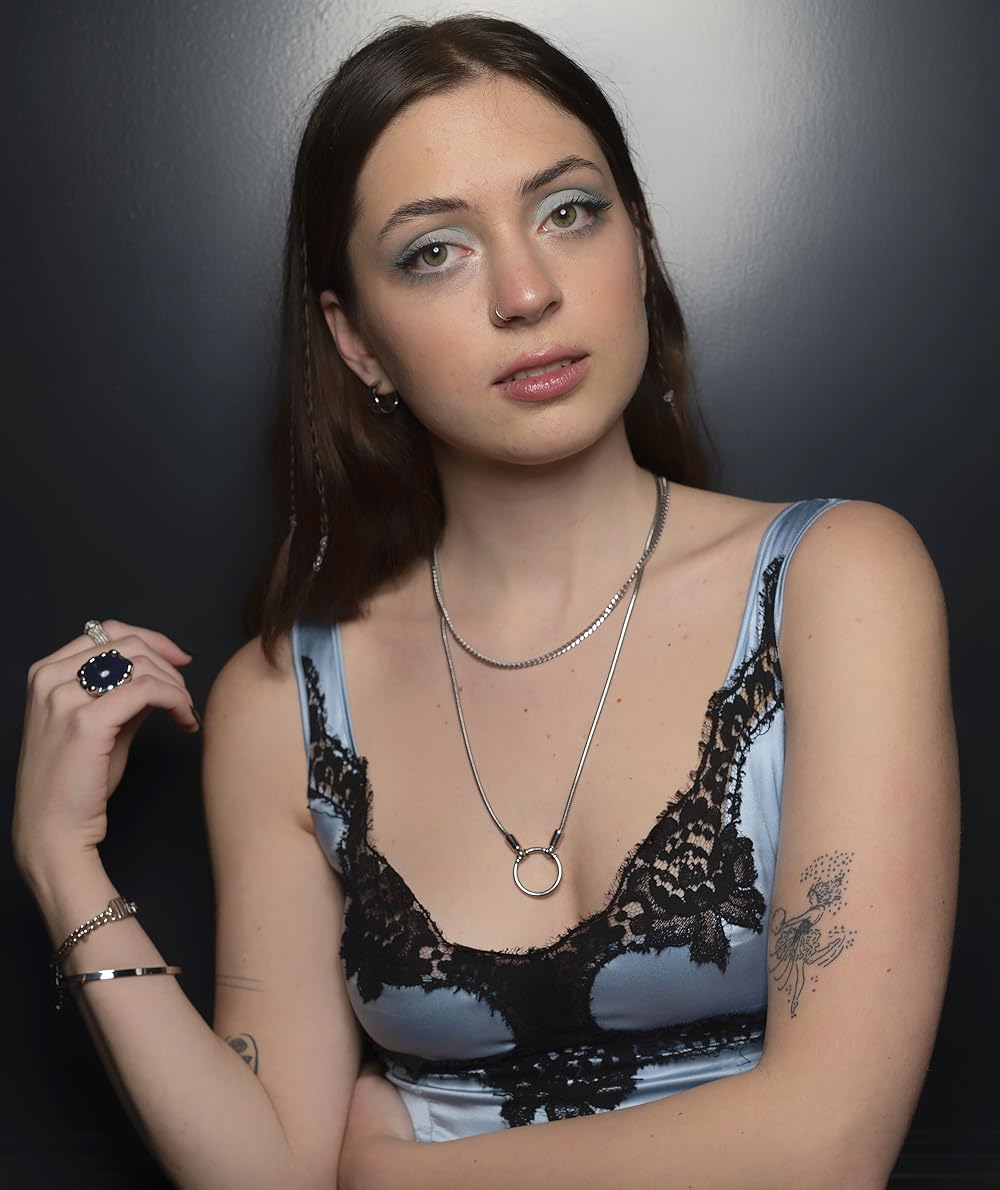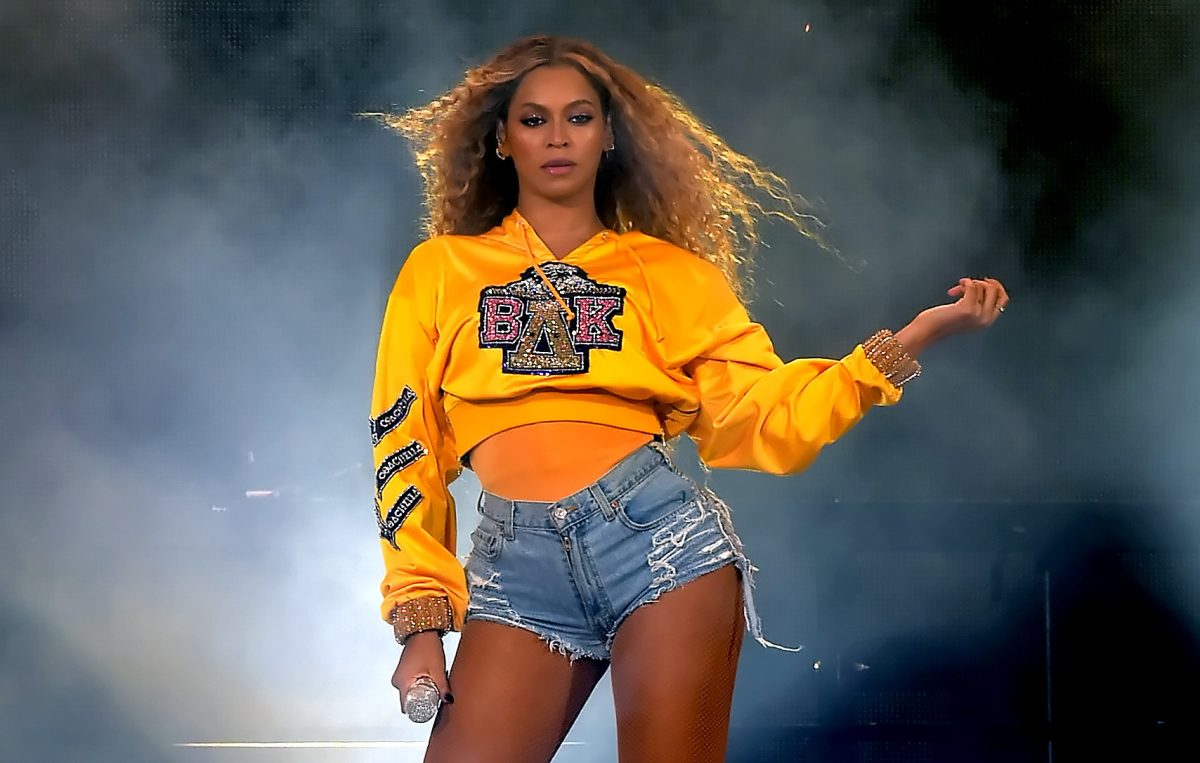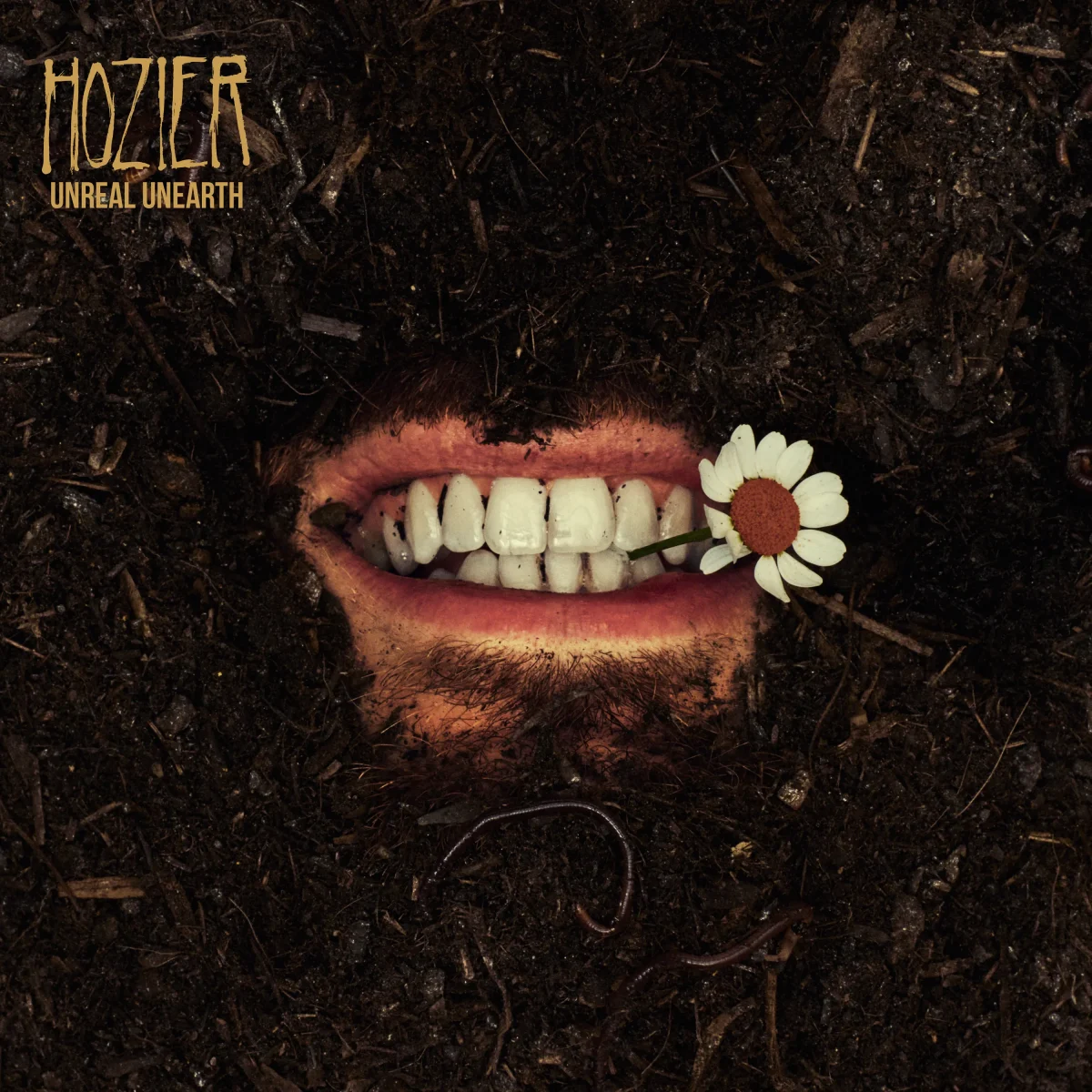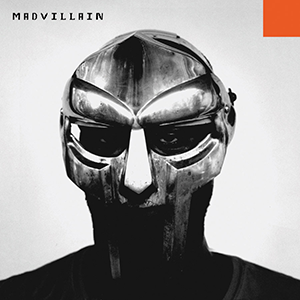
Much has been made of the recent minor explosion in popularity of certain hip hop projects, namely Brandon McCartney aka Lil B (The BasedGod) and Odd Future Wolf Gang Kill Them All, commonly shortened to Odd Future. Each act has recently released an album – in June, Lil B’s “I’m Gay (I’m Happy),” and in May, “Goblin” by Tyler, The Creator (of Odd Future).
The two are often grouped together for their rapid, internet-driven rises to prominence and their transgressive attitudes, but whether they should be considered as parts of a unified movement is questionable. Musically, the only remarkable similarities between the two are a heavy use of effected vocals and a near-obsessive repetition of the word “swag.” Of course, it is always easier to lump together those aspects of pop culture that seem strange and inexplicable, rather than explore them for their particular idiosyncrasies. Thus, the dismissal of Lil B and Odd Future as contemporary hip hop’s sideshow tent seems to be an act of resistance to the unknown.
So let’s raise the curtains for those uninitiated, starting with Odd Future. Founded and fronted by a lanky teenage goofball who goes by the moniker “Tyler, The Creator,” the Wolf Gang is a nine-piece crew from Los Angeles. Tyler’s lyrical work is slow, offbeat and darkly humorous. He narrates videotaped rape fantasies (“VCR”), threatens to “stab Bruno Mars in the … esophagus” (“Yonkers”) and encourages kids to hit bongs rather than books (“Sandwitches”). This is not too far off from Eminem’s notoriously twisted sense of humor, or that of Biggie Smalls before him.
What sets apart Tyler and the Gang from their predecessors is their anarchic, militantly anti-social attitude. Eminem was brought up by Dr. Dre (on Dre’s beats), and Biggie came up in the milieu of Brooklyn’s mix tape institutions, but Odd Future have been an almost entirely self-propelled entity. The project was pushed into existence by Tyler, in high school, after teaching himself to play piano. He started making beats for his friends to rap over, they formed a group, and they shot a video (“French”) which last summer earned them an inordinate number of views on YouTube.
The Internet (a sovereign anarchy presided over by the blind idiot god Azathoth) is the perfect setting for a group like Odd Future, with their violently chaotic leanings. It is no wonder that the community that glorified “Mr. Hands” and “Two Girls One Cup” has accepted Odd Future into their pantheon. Boasting creepy beats that skitter and blast, with drastic dynamics and absurd vocal modulation, Tyler’s crew is exploring the outer limits of the hip hop aesthetic. And despite his vocal protests to being labeled as such, he owes a lot to the “horrorcore” movement of the mid-90s, in particular the work of Kool Keith (Dr. Octagon).
But the not very well kept secret about Odd Future – and this is the aspect about which their critics are often willfully ignorant – is that he frequently acknowledges his absurdity in his own lyrics. This is a trick that rappers have been pulling for years – adopting a persona (sometimes disturbing), fleshing it out to its utmost, and then pulling off the mask to reveal something genuine to the audience. In theater, it is called “breaking the fourth wall,” and in pro wrestling it is called “breaking kayfabe.” In hip hop, it is sometimes referred to as “breaking it down” or “getting real.”
Tyler employs this tactic fairly heavily on his new album, through a recurring dialog with his imaginary therapist, who plays both the angel and the devil on his shoulder. During these segments of the album, particularly on the first and last tracks, Tyler simultaneously reveals the emotional impetus behind his lyrical atrocities and makes light of his teenage angst. Hip hop has long been a source of blunt social and cultural honesty, but with Tyler, we have a very deliberate psychological self-portrait.
This is a good sign for the future of hip hop as an expressive medium. And it seems that self-expression is the name of the game for Tyler as well, whose stated goal (from his Formspring) is, foremost, to “make great music … be the leader for the kids who were picked on and called weird, and show the world that being yourself and doing what you want without caring what other people think, is the key to being happy.”
For Odd Future, that is an almost unprecedented amount of positivity for one sentence. In fact, it sounds much more like something the ever-grinning Lil B might say in an interview. This brings us to the other side of the swag coin. We are now entering the BasedWorld. While exploring the countless nooks and crannies of the Internet, you have probably come across the phrase, “Thank you, Based God,” perhaps stamped across the image of any number of weeping celebrity faces. This bizarre, curiously stirring meme is a fitting introduction to the hyper-positive, hyper-prolific force that is Lil B.
In a random sampling of his over 250 YouTube videos, one might find Berkley, CA-based Lil B equating himself to Ellen DeGeneres or Paris Hilton, pontificating on the importance of positive unity in the global community, and asserting that he has had sex with your sister, chiefly because of his unrivaled prettiness. All of this is delivered in a near monotone voice, unhinged and offbeat but always subtly following the song’s rhythm. He frequently breaks from his verses to say his name or a string of nonsense words.
His work thus far has consisted of a constant stream of releases focusing on the aforementioned subject matter, rapped over generally jazzy and chilled-out beats, stitched together on his own computer. Lil B’s beats are sometimes remixed, sometimes outright stolen from classic hip hop DJs such as Madlib and the late J Dilla, though he has been known to use sample material from sources as disparate as the original “Super Mario Bros.” theme, the GooGoo Dolls and the soundtrack from “Spirited Away.”
Those latter two samples appear on this summer’s “I’m Gay (I’m Happy),” which represents a sudden sharpening of focus for Lil B; his previous work includes a 676-track collection that spans all of his MySpace releases, and includes some almost comically valueless filler material. On the new album, his subject matter covers introspective themes similar to those on Tyler’s “Goblin,” but on a more expansive scope, and with proportionally overwhelming joy to Tyler’s self-hatred. His lyrics remain inscrutable at times, but his charisma is so uniquely irresistible and his beats so disarming that it becomes possible to accept (or dare I say, enjoy) even his silliest lines. The BasedGod works in mysterious ways, after all.
But let’s not make too much of a few artists working hard to express themselves in the often stifling world of hip hop. Do they constitute a movement? They have certainly forged communities with a fair amount of overlap. Call it what you want. Whether or not the off-the-wall music of Lil B or Odd Future is to your liking, it is incomprehensible and downright un-American to attack their shared message of free expression.
Garth Brody can be reached at [email protected]







Seth • Sep 7, 2011 at 12:41 am
solid article, mad props for writing it. I think “swag” first gained some notoriety when this (http://voices.washingtonpost.com/dcsportsbog/2007/01/gilbert_arenas_has_swag.html) happened, then was sort of absent for a few years and now is back and more widespread then ever before.